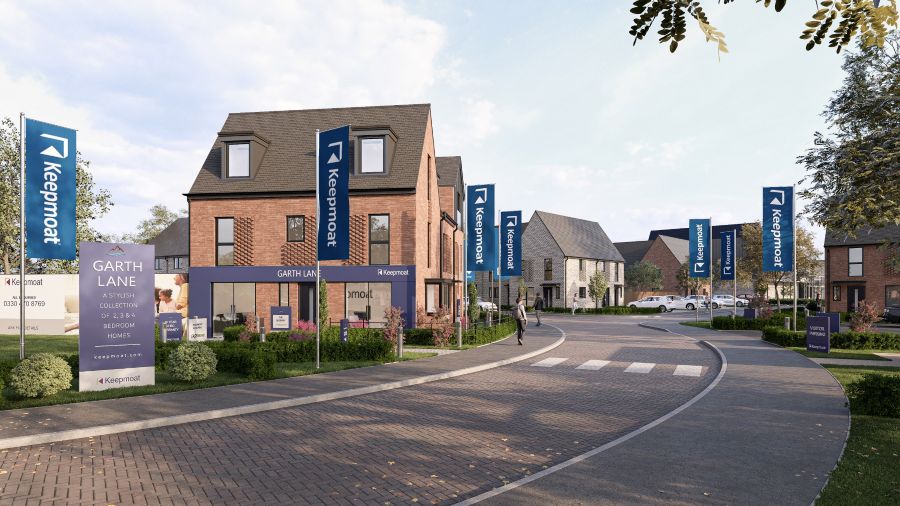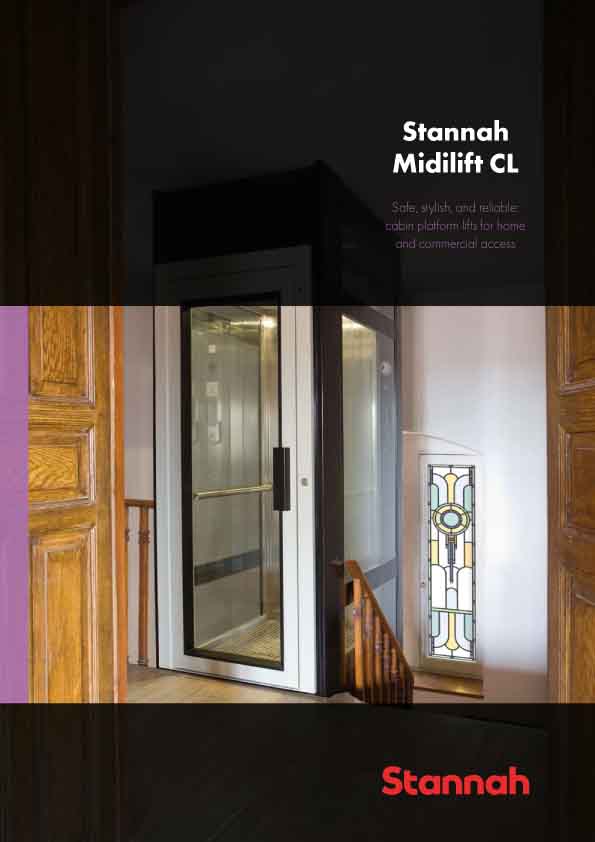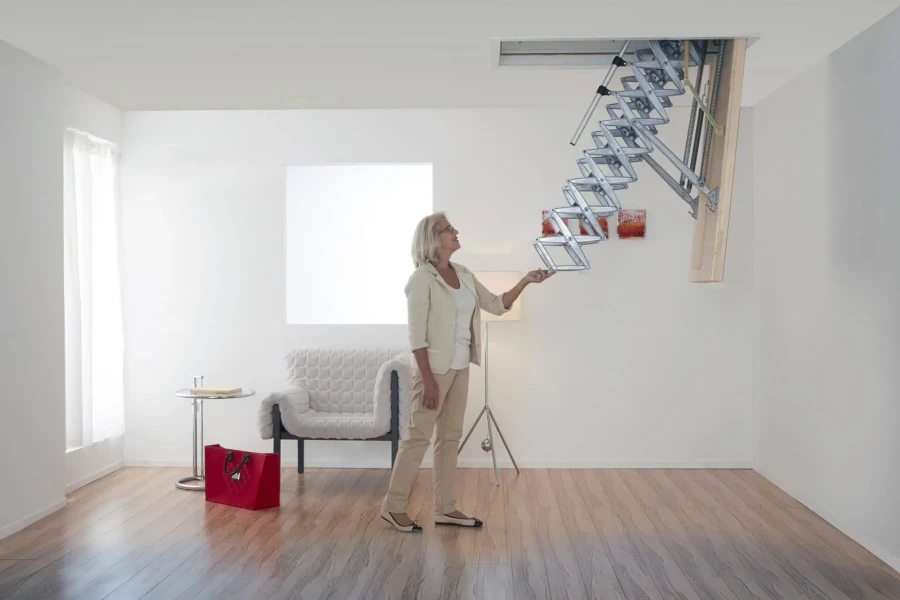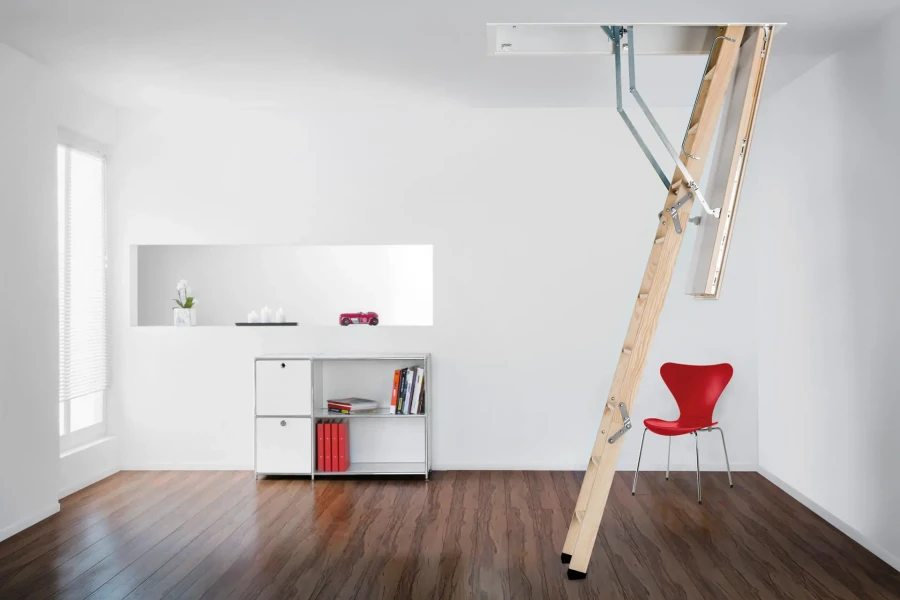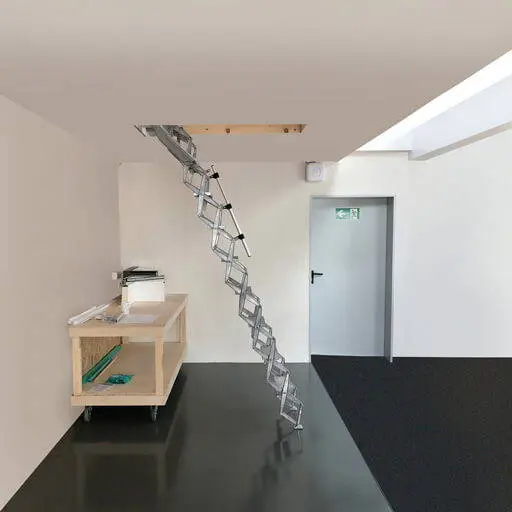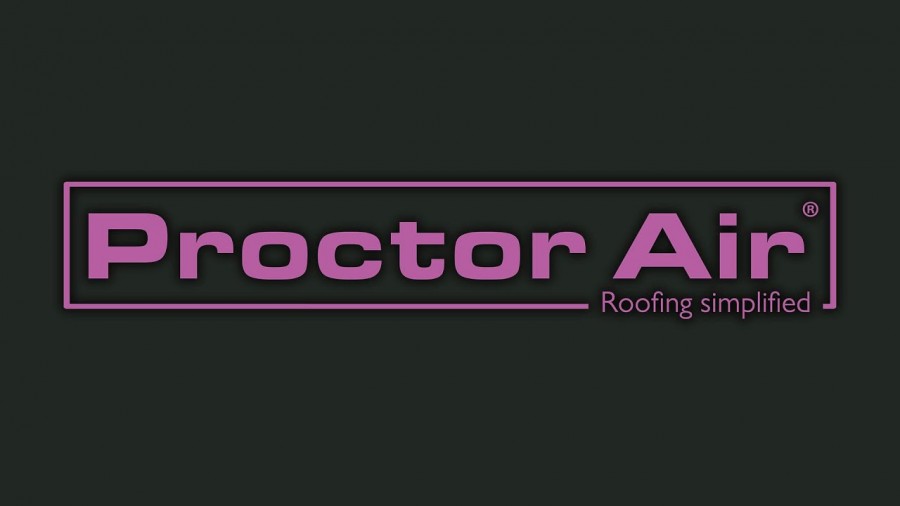Housing Associations account for around 60% of social housing stock in 2017-18 and also form the largest not-for-profit group in the UK, working closely with both private and public organisations.
Around 76% of market stock owned or managed by housing associations is general needs housing, which is primarily social rental accommodation. In terms of value, the social housing construction market was estimated to be worth around £11.4bn in 2017, including both newbuild and RMI activity.
The social housing sector is diverse with over 1,700 registered providers in the UK. Most of these are small players, but the leading associations hold larger portfolios and much of the sector’s development capacity. A series of significant mergers have taken place over the past couple of years to achieve economies of scale and greater development influence.
The top 30 housing association groups now account for around 59% of the social housing market, compared with 41% in 2015. The sector is currently experiencing funding issues influenced by increased financial constraints on local authorities and social rent cuts of 1% a year from 2016-17, something which has led to reduced discretionary spending on maintenance and improvements. The Affordable Rent model has also had a considerable impact on income streams.
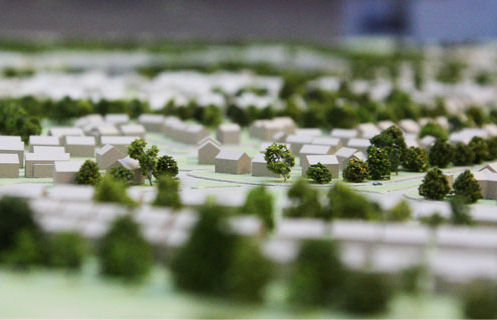
As a result of successive programmes which place an emphasis on affordable, rather than social rent, the number of new homes for social rent has continued to decline as housing associations build fewer homes and acquire fewer properties. Housing association starts in 2016-17 were down by around 6.3% on the previous year for the UK as a whole, while completions were also down by around 3%. The majority of social housing completions were for affordable rent, while the main area of decline was in social rent completions.
The Government’s primary focus for the housing sector at present is home ownership and getting people on the housing ladder, by subsidising first-time buyers with policies such as ‘right to buy’, ‘help to buy’ and ‘rent to own’.
However, recent Government announcements in both England and Scotland have seen ambitious targets to tackle the housing deficit, including a recent announcement of a further £2bn for affordable housing in October 2017.
The Government is also making available £4.7bn of capital grant through the Shared Ownership and Affordable Homes Programme (SOAHP), and in London, £3.15bn has been secured under the London Affordable Homes Programme 2016-2021 to start building at least 90,000 new affordable homes up to 2021, of which around 50% will be affordable. In addition, the Scottish Government plans to deliver at least 50,000 affordable homes by March 2021, 70% of which will be for social rent.
Despite these ambitious targets, there is still widespread doubt across the sector that these targets will be met, with a lack of suitable sites and continuing delays to the planning process also hampering delivery. There is now a much-reduced role for the social housing sector in newbuild housing. Funding for affordable housing has fallen in recent years and housing providers are now expected to build homes for sale and rent at full market prices, and using the profits to provide a smaller portfolio of social homes.
Expenditure on planned maintenance work in order to maintain homes in a good condition has remained static over the past few years. However, expenditure on major repairs has declined slightly in 2016/17, as the Decent Homes Programme moved into its final stages. Growth in expenditure on housing association RMI is expected to slow from 2017 onwards.
Other issues influencing repair and maintenance include tower block safety and the Building Safety Programme.
“Prospects for the sector in the short-medium term remain challenging. The limited grant funding under the Affordable Housing Programme, driven by the emphasis on the Affordable Rent investment model, has prompted Social Housing providers to seek finance and support from alternative sources, with some forming partnerships with private sector providers” said Hayley Thornley, Research Manager at AMA Research. “Going forward, social housing completions are expected to remain relatively flat, rising by between 1-3% to 2021-22.”








